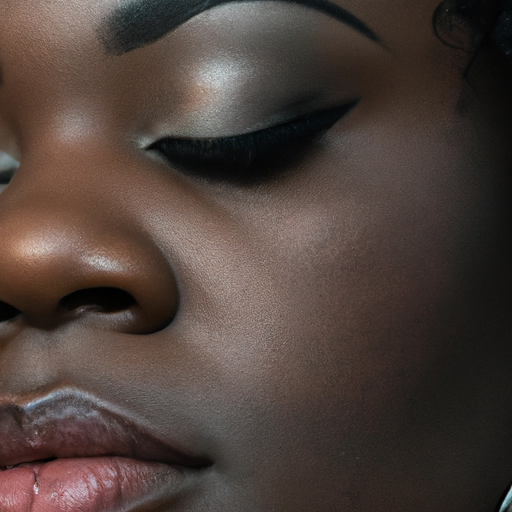As a medical professional, I am often consulted by patients who suffer from sensitive skin. They complain about redness, dryness, itching, burning, and other discomforts that can be both physically and emotionally distressing. Sensitive skin is a common condition that affects millions of people worldwide. It is characterized by an overreaction to environmental factors or substances that are usually harmless to most people. The good news is that there are numerous treatments available that can help soothe sensitive skin and alleviate its symptoms.
Firstly, it’s important to understand that sensitive skin can be caused by various factors including genetics, environmental conditions, allergies, and skin disorders such as eczema or rosacea. Therefore, the best treatment for sensitive skin is one that addresses the underlying cause. For instance, if your sensitive skin is due to an allergy, the most effective treatment would be to identify and avoid the allergen.
One of the most effective treatments for sensitive skin is the use of gentle, hypoallergenic skincare products. These products are free from harsh chemicals, fragrances, and dyes that can irritate the skin. They are also formulated with soothing ingredients like aloe vera, chamomile, and oatmeal that can help calm inflammation and reduce redness.
Another effective treatment for sensitive skin is moisturizing regularly. Dryness can exacerbate the symptoms of sensitive skin, so it’s crucial to keep your skin hydrated. Look for moisturizers that are specifically designed for sensitive skin. These products usually contain hydrating ingredients like hyaluronic acid and ceramides that can help restore the skin’s natural moisture barrier.
In addition to using gentle skincare products and moisturizing regularly, it’s also important to protect your skin from the sun. Sun exposure can cause damage to the skin and worsen the symptoms of sensitive skin. Therefore, always apply a broad-spectrum sunscreen with an SPF of at least 30 before going outdoors.
For those with severe sensitive skin conditions, prescription medications may be necessary. Topical corticosteroids can help reduce inflammation and itching, while oral antihistamines can help control allergic reactions. However, these medications should only be used under the supervision of a healthcare provider as they can have side effects.
Lastly, lifestyle modifications can also help manage sensitive skin. This includes avoiding hot showers and baths, which can strip the skin of its natural oils, and using a humidifier to add moisture to the air, especially during the dry winter months. It’s also important to eat a balanced diet rich in fruits, vegetables, and healthy fats to nourish the skin from within.
In conclusion, while sensitive skin can be challenging to manage, there are numerous treatments available that can help soothe your skin and alleviate its symptoms. Remember, the best treatment for sensitive skin is one that addresses the underlying cause and promotes overall skin health. Always consult with a healthcare provider before starting any new treatment regimen. With the right care and attention, you can achieve healthy, comfortable skin.



